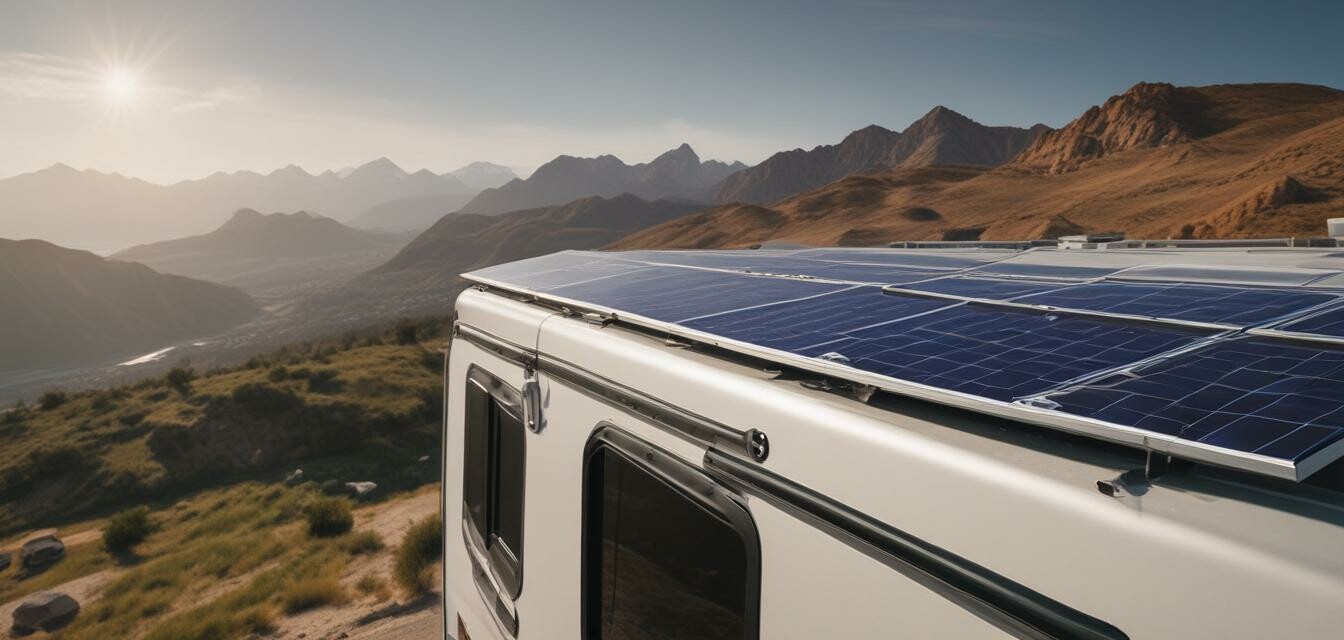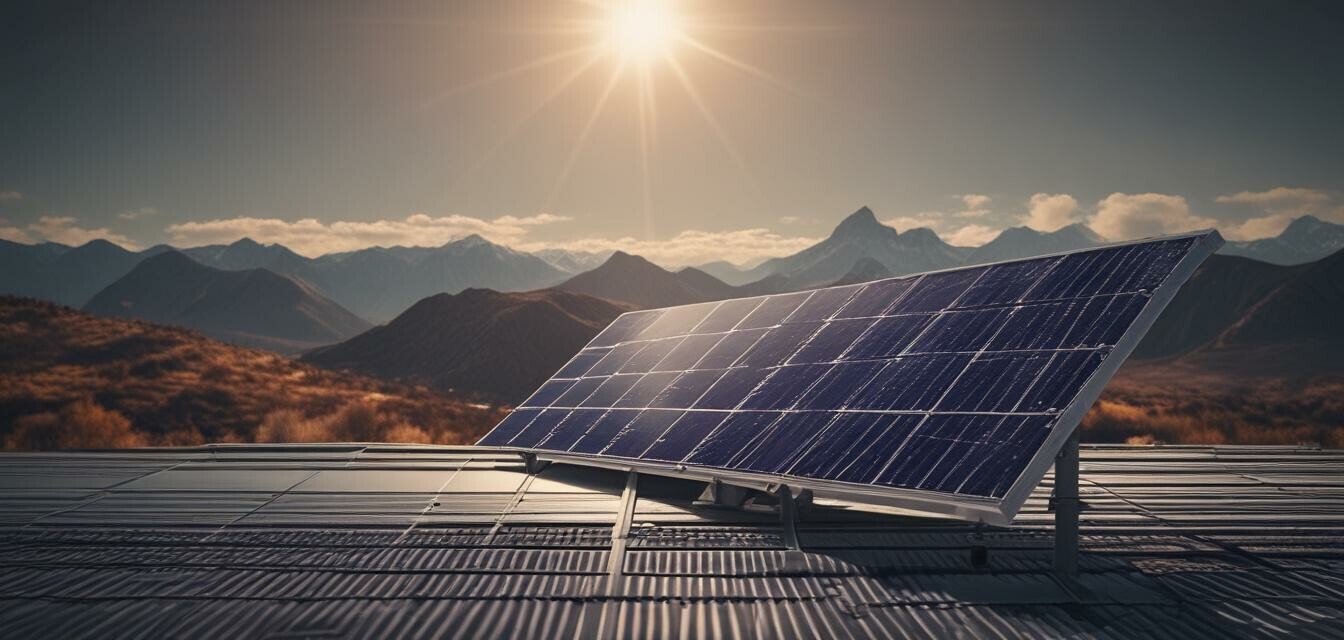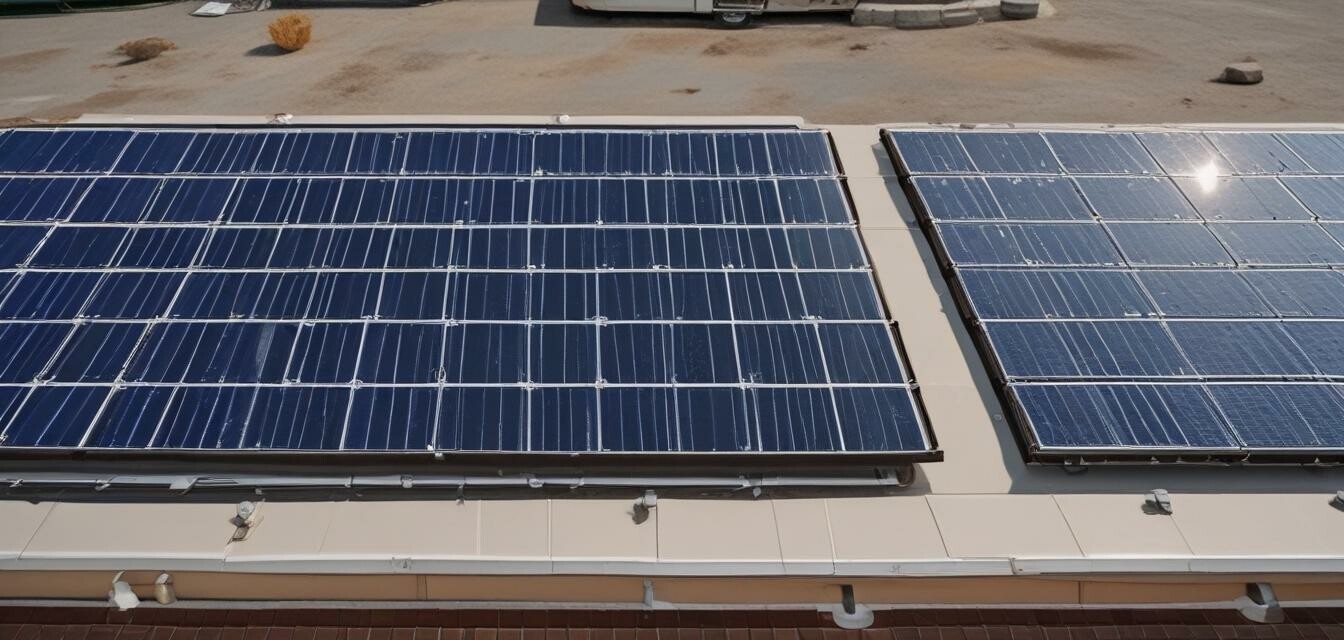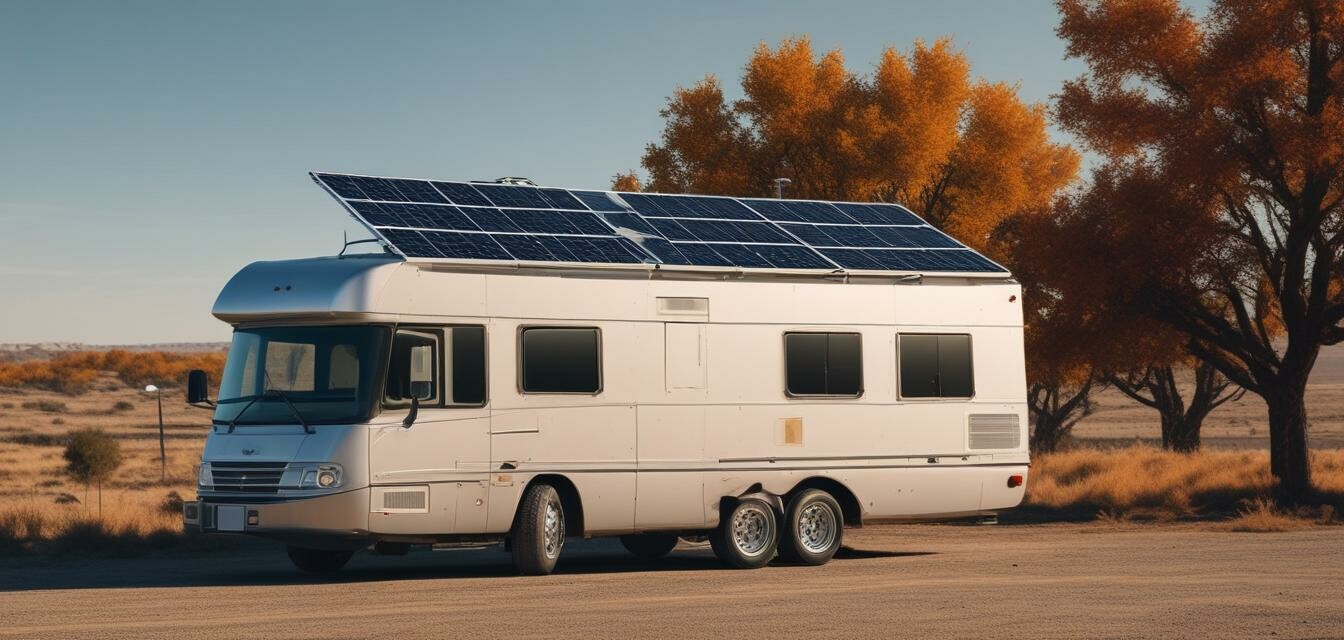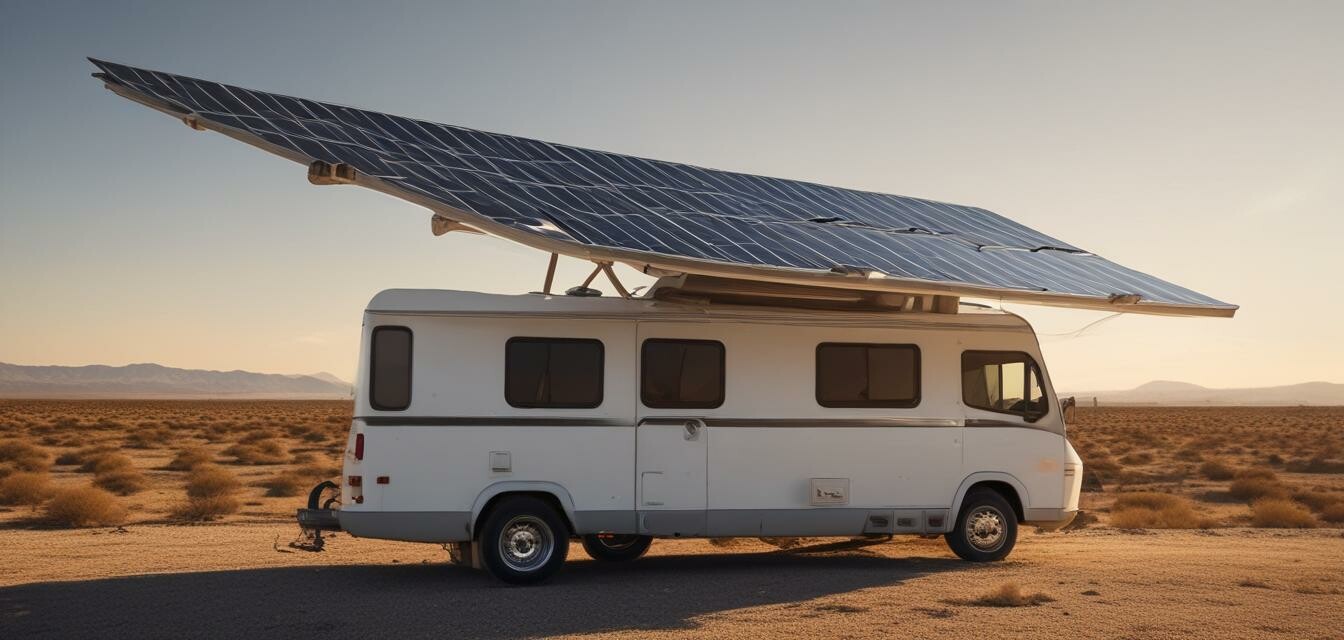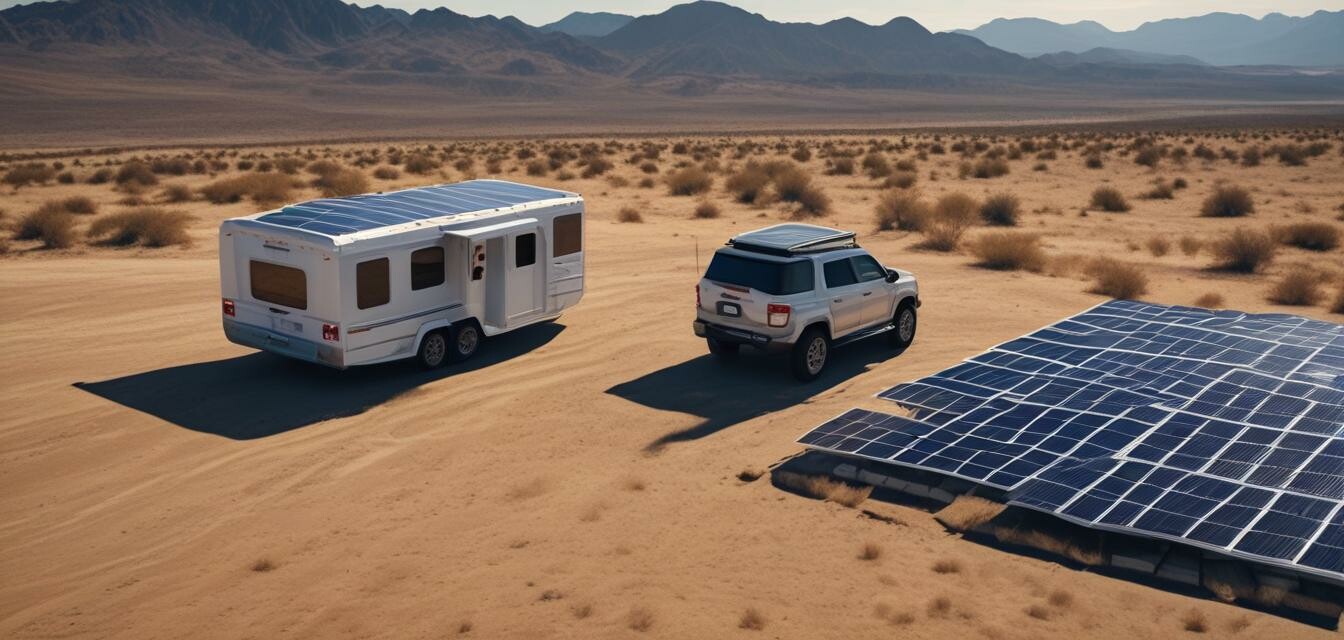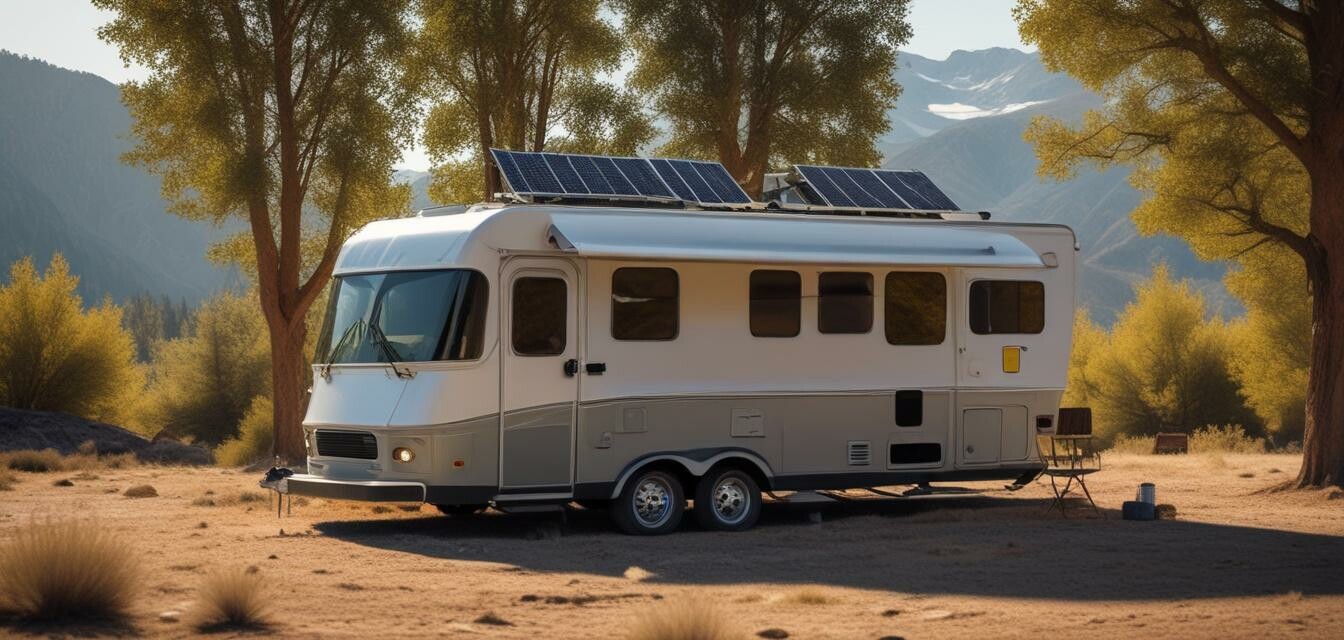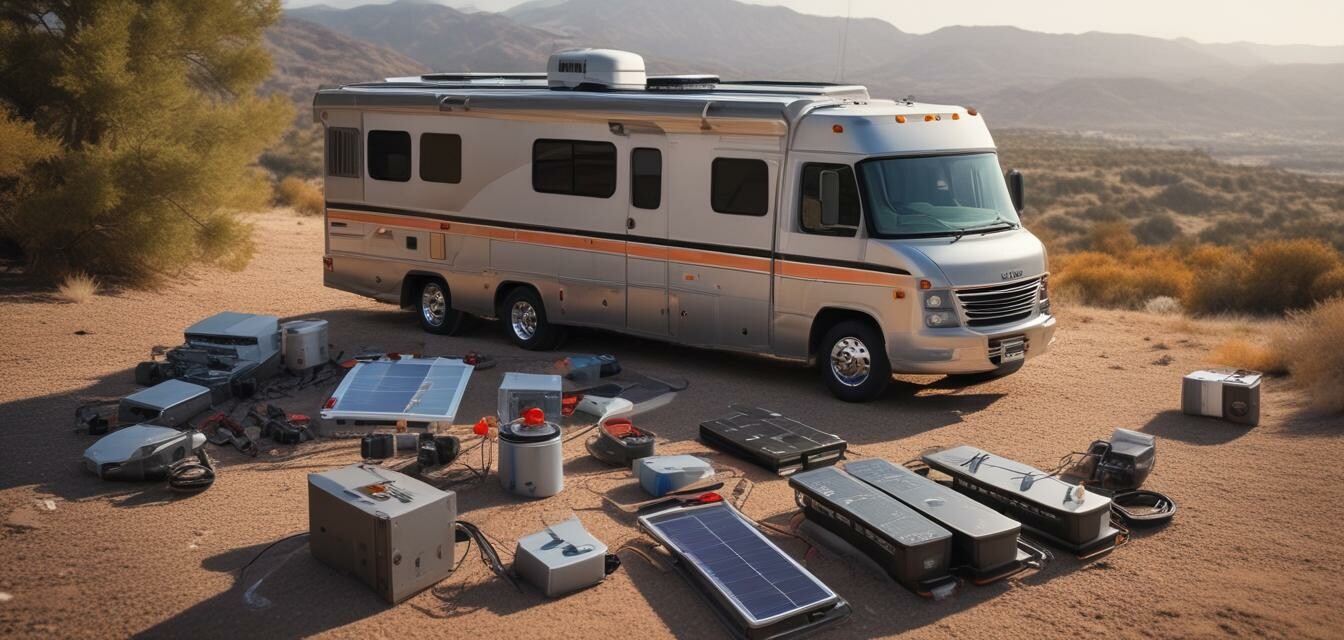
RV Solar Kit Components Explained
RV solar kits are an excellent way to enhance energy independence while on the road. However, with so many components involved, it can be overwhelming for beginners. In this article, we will break down the key components included in RV solar kits and their functions, helping you make an informed decision when choosing the right kit for your needs.
Key Takeaways
- Solar panels convert sunlight into electrical energy.
- Charge controllers regulate the flow of energy to the battery.
- Batteries store excess energy for later use.
- Inverters convert DC power to AC power for appliances.
- Mounting kits and accessories secure and connect components.
Understanding RV Solar Kit Components
An RV solar kit typically consists of several components, each playing a crucial role in generating and utilizing solar power. Let's dive deeper into each component and its function:
| Component | Function |
|---|---|
| Solar Panels | Convert sunlight into electrical energy |
| Charge Controllers | Regulate the flow of energy to the battery |
| Batteries | Store excess energy for later use |
| Inverters | Convert DC power to AC power for appliances |
| Mounting Kits and Accessories | Secure and connect components |
Solar Panels: Harnessing Sunlight
Solar panels are the heart of any RV solar kit, converting sunlight into electrical energy. The number and type of panels required depend on your energy needs and available roof space.
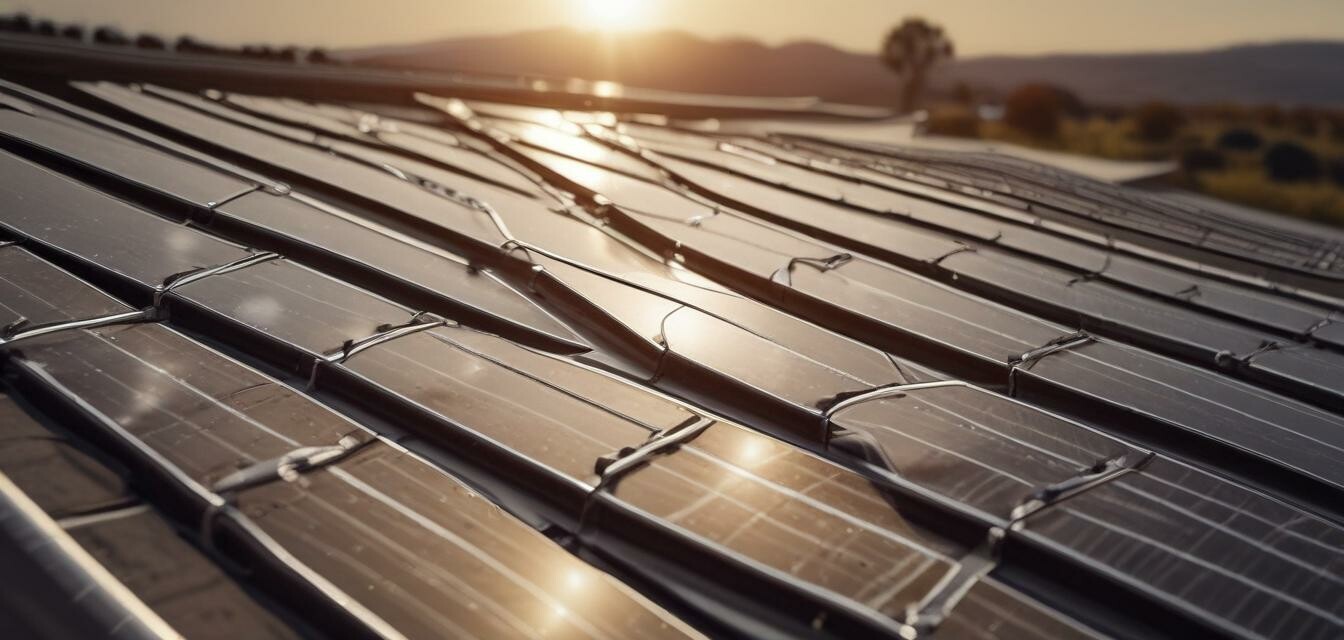
When choosing solar panels, consider the following factors:
- Wattage: Higher wattage panels generate more energy.
- Efficiency: Look for panels with high efficiency ratings (>20%).
- Durability: Panels should be able to withstand harsh outdoor conditions.
Charge Controllers: Regulating Energy Flow
Charge controllers ensure that the energy generated by the solar panels is safely and efficiently stored in the battery. They prevent overcharging, which can damage the battery.
There are two main types of charge controllers:
- MPPT (Maximum Power Point Tracking) controllers: Optimize energy harvesting and charging.
- PWM (Pulse Width Modulation) controllers: Simple and cost-effective, but less efficient.
Batteries: Storing Excess Energy
Batteries store excess energy generated by the solar panels during the day, allowing you to use it at night or on cloudy days. Deep cycle batteries are designed for RV solar kits, providing a stable and reliable power source.
When selecting a battery, consider:
- Capacity: Choose a battery that meets your energy needs.
- Type: Deep cycle batteries are ideal for RV solar kits.
- Durability: Look for batteries with a long lifespan (>5 years).
Inverters: Powering Your Appliances
Inverters convert the DC power stored in the battery to AC power, allowing you to use your appliances as you would at home.
There are two main types of inverters:
- Modified Sine Wave (MSW) inverters: Cost-effective, but may not be compatible with all appliances.
- Pure Sine Wave (PSW) inverters: More expensive, but provide a stable and reliable power source.
Mounting Kits and Accessories: Securing Your Components
Mounting kits and accessories ensure that your RV solar kit components are securely fastened to the roof and connected to each other.
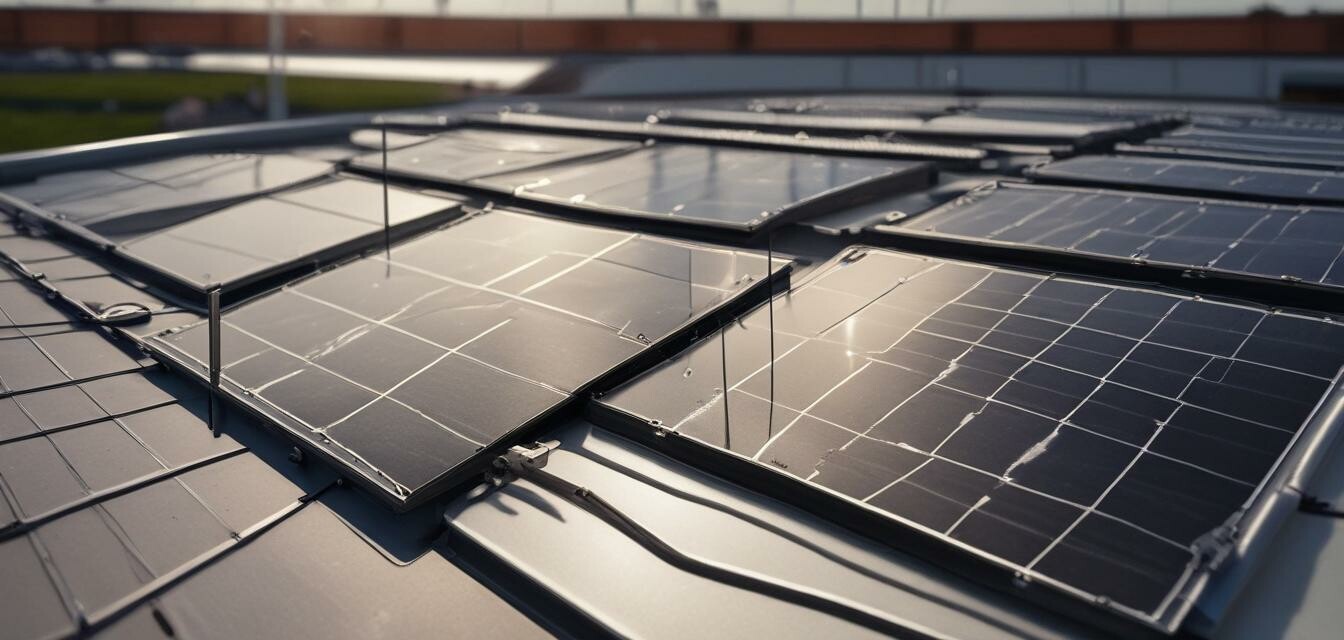
When selecting mounting kits and accessories, consider:
- Durability: Look for high-quality materials that can withstand harsh outdoor conditions.
- Compatibility: Ensure that the mounting kit is compatible with your RV's roof type and solar panels.
Conclusion
Understanding the components of an RV solar kit is essential for making an informed decision when choosing the right kit for your needs. By considering the factors mentioned above, you can ensure a reliable and efficient solar power system for your RV.
Explore our range of battery systems for RV solar, complete solar systems, and mounting kits and accessories to find the perfect solution for your RV.
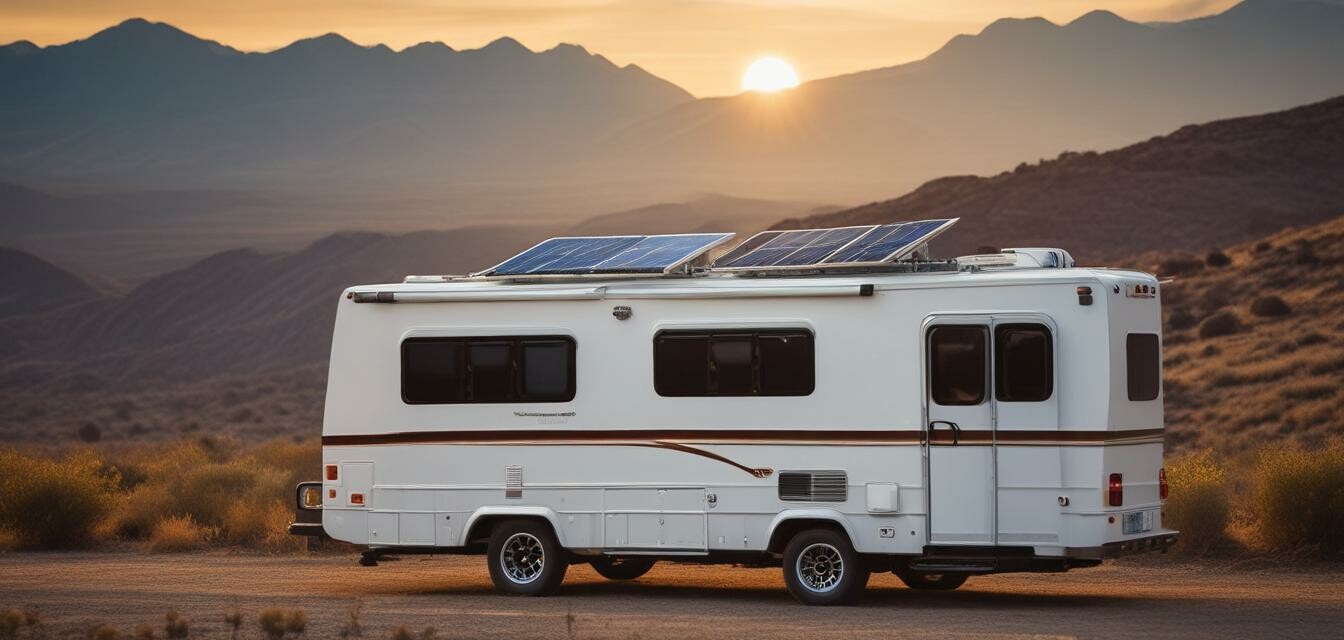
Pros
- Enhances energy independence
- Reduces reliance on grid power
- Cost-effective in the long run
- Environmentally friendly
Cons
- Initial investment can be high
- Requires regular maintenance
- May not be suitable for all RVs
Beginners Section
New to RV solar kits? Start by determining your energy needs and assessing your RV's roof space. Research different components and their functions to make an informed decision.
